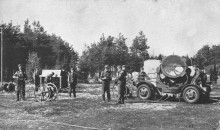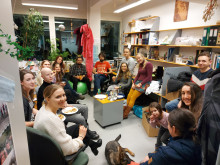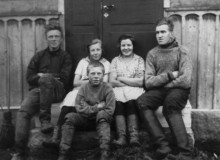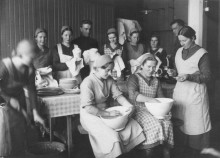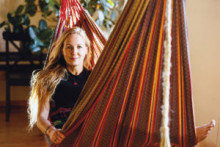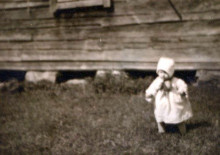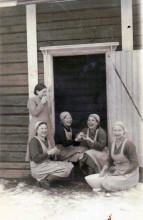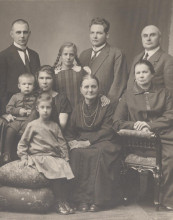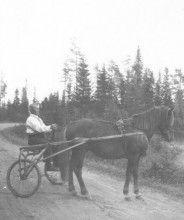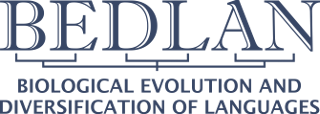
Multidisciplinary seminar HUMAN EVOLUTION AND CULTURAL CHANGE 1-2.11.2018, University of Turku, Finland.
Organizer: BEDLAN-project (Biological Evolution and Diversification of LANguages)
Seminar is free of charge, but enrolment is needed for coffee booking.
Please enroll at https://docs.google.com/forms/d/e/1FAIpQLSf_k5OCQkDIjDX5BzU1QOkp3FTK01lNYG-7XdZ9Hi2o-Z-ndA/viewform
Language: English, with the option for Finnish according to the language skills of the audience
1.11. at 10-17 Natura IX, University of Turku
2.11. at 9-17 Educarium, Edu1, University of Turku
Programme
Thursday 1.11.2018: Principles for interdisciplinary work of human past
9.30-10.15 Morning coffee & sandwiches
10.15-10.30 Outi Vesakoski/Päivi Onkamo: Forewords. Need for interdisciplinary discussion on human evolution and cultural change aka human past.
10.30-11.00 Visa Immonen: Archaeological methods in studies of human past.
11.00-11.30 Päivi Onkamo: What do genetics offer to studies of human past?
11.30-12.30 Lunch (on your own expense)
12.30-13.00 Santeri Junttila and Outi Vesakoski: What does historical linguistics offer to studies of human past
13.00-13.30 Virpi Lummaa: Human evolutionary ecology
13.30-14.00 Sakari Salonen: Human past environments
14.00-14.30 Coffee
14.30 -14.50 Kati Salo: Archaeological osteology – at the crossroads of biology and archaeology
14.50 -15.10 Elina Salmela: Population genetics and past human populations
15.10 -15.30 Luke Maurits: Phylogenetic linguistics
15.30-15.45 Leg stretcher
15.45-16.05 Timo Vuorisalo: Challenges in interdisciplinary discussions
16.05-17.00 Panel discussion: Problems and possibilities in interdisciplinary work? Santeri Junttila, Virpi Lummaa, Outi Vesakoski, Päivi Onkamo, J-P Taavitsainen. Chair: Jouko Lindstedt
Friday 2.11.2018: Recent research results from interdisciplinary work of human past
8.30-9.00 Outi Vesakoski & Elina Salmela: Forewords and first example, the review on the Holistic history of Uralic speaking area.
9.00-9.30 Jouko Lindstedt: The Slavic spread in linguistics, history, archaeology, genetics, palaeoclimatology, and historical epidemiology.
9.30-10.00 Henrik Asplund/Jussi Moisio: on archeology, TBA
10:00 -10.30 Coffee
10.30-11:00 Ville Pimenoff: Archaeogenetics of humans and their pathogens
11.00-11:30 Kristiina Tambets and Outi Vesakoski: Genetic history of Uralic speaker populations is reflected in linguistic history
11.30-12.00 Kerttu Majander: Recent results on aDNA – TBA
12:00-13:00 Lunch (on your own expense)
13.00-13.30 Miikka Tallavaara: Effects of environmental variation on Neolithic populations in Finland
13.30-14.00 Terhi Honkola: Linguistic diversification in ecological settings.
14:00-14.30 Simon Chapman/Jenni Pettay: Evolutionary ecology of human reproduction
14:30-15.00 Markku Oinonen: Early human diets based on isotope research
15:00-15.30 Coffee
15.30-16:00 Volker Heyd: Of the relationships of human genetics and archaeology
16:00-17.00 “Nature or nurture” revisited: Social or environmental drivers of human cultural and biological evolution? Panelists: Miikka Tallavaara, Kirsi Salonen, Volker Heyd, Terhi Honkola, Kristiina Tambets. Chair: Outi Vesakoski.
Small changes to the program are still possible.
For more information please contact Outi Vesakoski (outves@utu.fi) or Terhi Honkola (terhi.honkola@utu.fi)
****************************************************************************************
Read more about research in the BEDLAN project
Holistic understanding of the human past is becoming ever more accessible: new methods in archaeology, genetics and linguistics are allowing inferences about historical processes which have previously been inaccessible to science. The ultimate aim in the mind of many researchers is to understand how the different angles of human history have affected each others. The overarching aim of BEDLAN is to to contribute to the studies of comprehensive human history.
BEDLAN makes its share by adding the historical linguistics knowledge of Uralic languages to the holistic history of Uralic speaker area, and finally adding the Uralic history - the story of Taiga - to the global history of human. This is done via three main lines of study:
- Patterns of linguistic divergence.
- Mechanisms of linguistic divergence.
- Methodological development to study the (potential) joint dispersion and evolution of cultural and genetic history.


